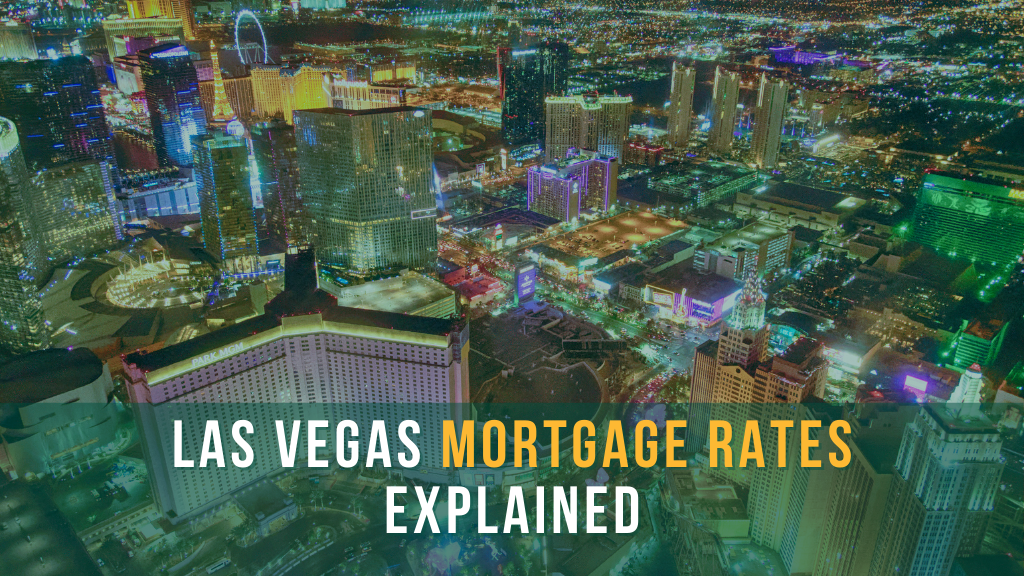
Las Vegas Mortgage Rates
Las Vegas mortgage rates are important to understand, as they influence the amount of money you borrow for a home loan. Ultimately, they also factor into the equation of how much home you can afford. If you’re thinking of purchasing a home in Las Vegas, a mortgage lender can explain how mortgage rates work and the role they will play in your journey towards purchasing a home.
What are Mortgage Rates?
Mortgage rates are essentially the interest payments that you make on your total loan. Mortgage rates Las Vegas are paid incrementally on a monthly basis, just like your principal payments. A mortgage lender charges interest as compensation for lending you money to buy a home, and the interest rate can vary based on lender, the loan that you have, the loan’s duration, and other factors.


Costs Included In A Mortgage Rate
A mortgage rate includes a number of costs, including the principal payment, interest payment, property taxes, and homeowners insurance. Mortgage insurance payments are also included if you make a down payment of less than 20%. The current interest rate for a 30-year fixed-rate loan in Las Vegas is 2.791%, and the current rate for a 15-year fixed-rate loan is 2.125%.
How is a Mortgage Rate Calculated?
Lenders determine their interest rates based on several elements. Economic conditions and investment activity are two influential factors in determining mortgage Las Vegas interest rates. Additionally, Fannie Mae and Freddie Mac set mortgage rates by bundling loans and selling them to investors for a profit. The rates that those investors pay determines the rate limits that lenders can request for their loans.
Calculating the mortgage rate that you’ll pay for a home is important, as it then determines the price that you can pay for a home. A mortgage rate can be calculated for buying or refinancing a home.
By calculating your mortgage rate, you’ll be able to decide the following:
- The right mortgage length
- Whether or not to choose an Adjustable-Rate Mortgage (ARM)
- How much home you can buy
- Your down payment
Two primary types of loans that you can get are shorter-term loans with a 15-year payment structure or 30-year loans. Short-term loans have higher monthly payments compared to 30-year loans, but they have lower interest rates. With a 30-year loan term you will have lower monthly payments, but you will pay more in interest.
You can also determine whether or not to get an adjustable-rate mortgage (ARM) based on your mortgage interest rates. With an ARM, you’ll pay an initial low interest rate. The loan rate can change after that, which means it can either increase or decrease.
Another advantage of calculating your mortgage interest rates is that it gives you a better understanding of how much home you can truly afford. A mortgage payment calculator includes all the costs of buying a home including insurance, taxes, and private mortgage insurance if you make less than a 20% down payment.
Lastly, calculating your mortgage payments allows you to determine how much you can (and should) put down for your down payment. The standard down payment amount is 20%, but some lenders will let you make a down payment lower than 10% based on your qualifications.
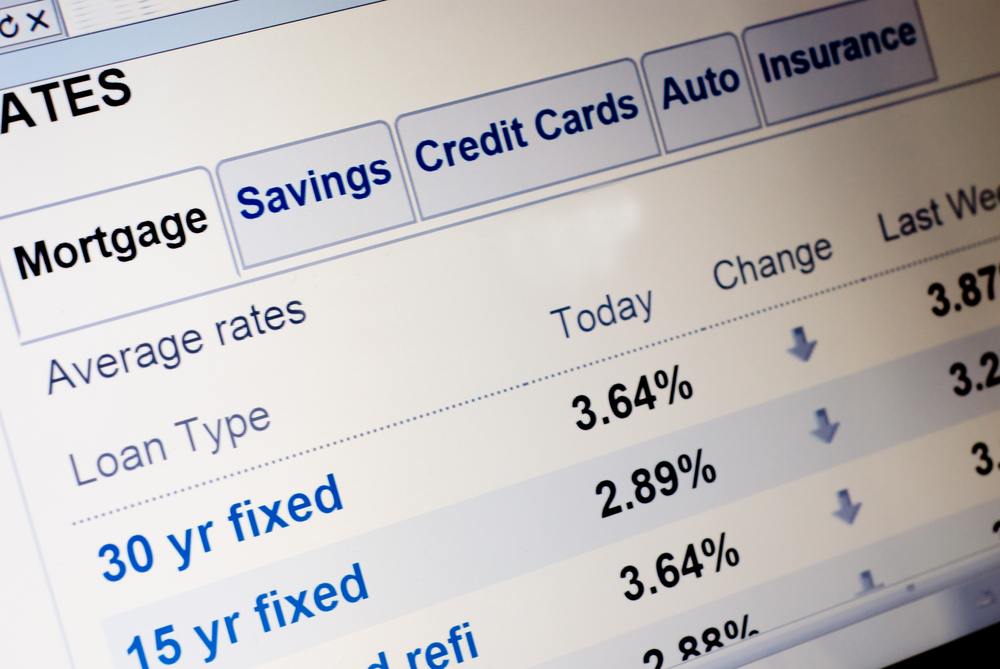
What Causes Mortgage Rates to Fluctuate?
Mortgage rates may increase under several conditions:
- Strong stock market
- Strong foreign markets
- Rising inflation levels
- Low unemployment levels
Additionally, a decrease in mortgage rates can be caused by several factors:
- Dip in the stock market
- Downturn in foreign markets
- Lower inflation
- Rise in unemployment
How do Mortgage Interest Rates Affect the Market?
Mortgage rates directly affect the availability of housing in a given area, which in turn largely affects the price of mortgage rates. Rising mortgage rates generally deter homeowners from listing their homes on the market. The number of homes listed for sale becomes more limited, which then increases demand for the homes that are available and increases their sale price. Contrarily, homeowners are more inclined to list their homes on the market when mortgage rates are lower. The greater availability of houses translates to more favorable conditions for the buyer, which creates a buyer’s market. Buyers have more options and are in a better position to negotiate the price of a home.
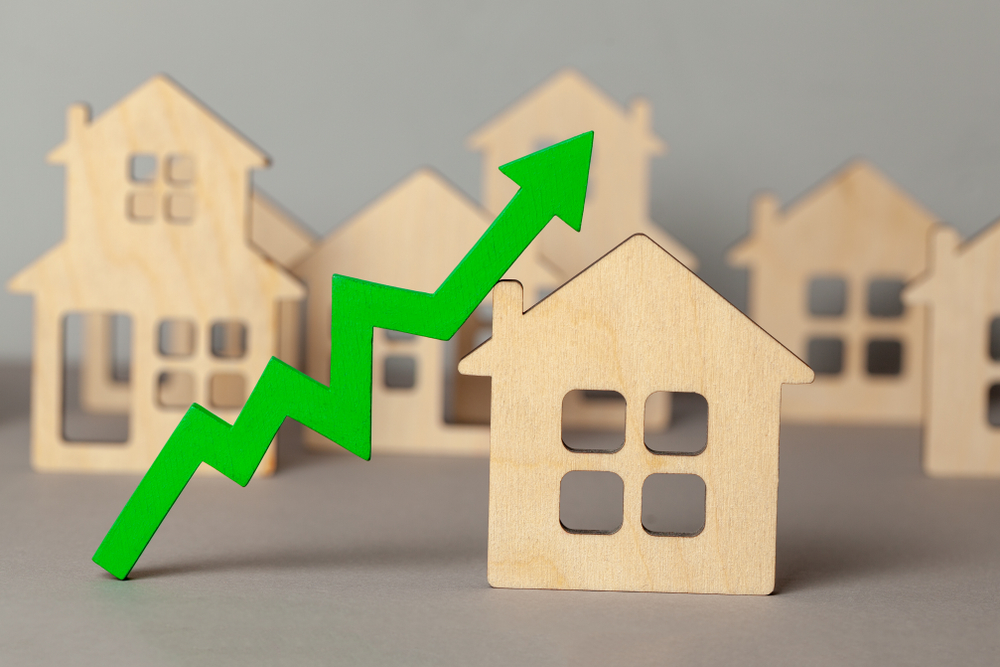
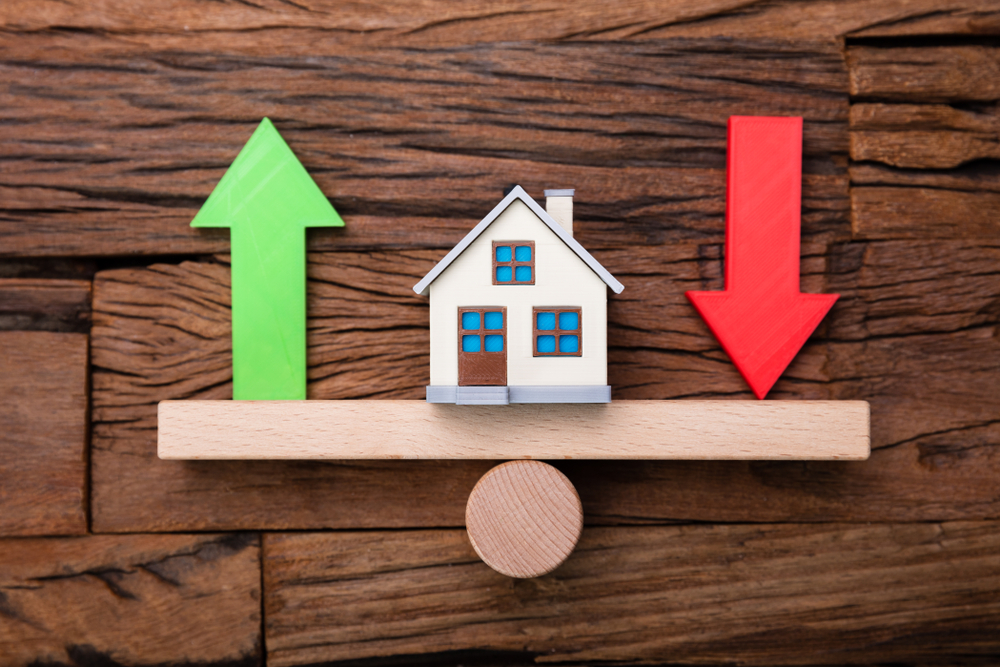
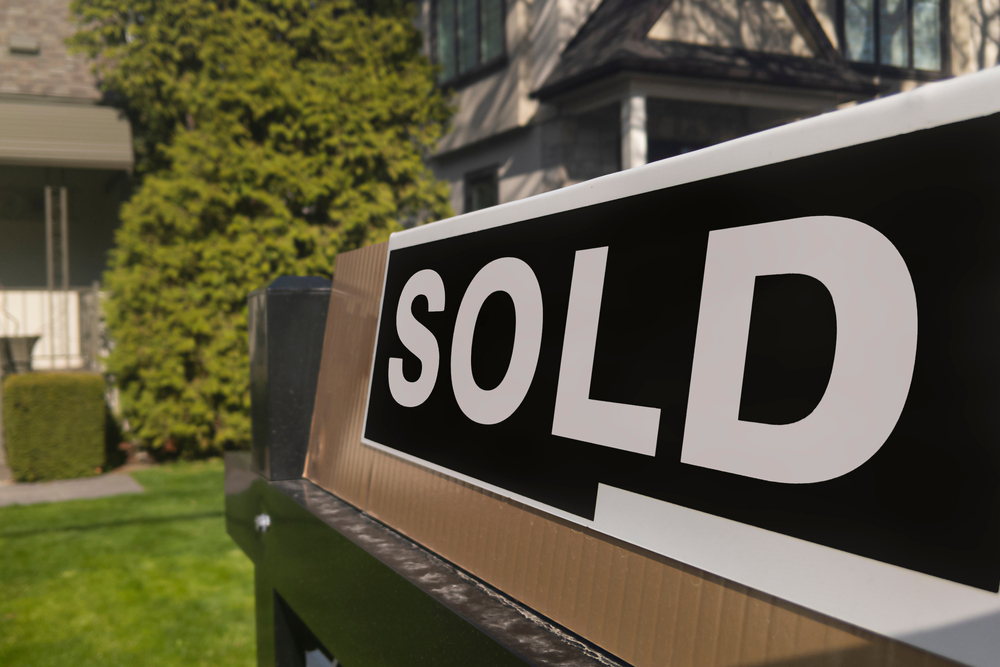

How to Get Favorable Rates
While the economy and housing market play a role in mortgage rates Las Vegas today, certain factors in your personal financial life can influence the mortgage interest rates that you pay. Before settling on a mortgage rate, look around at the rates offered by different lenders. Lenders have their own unique operating and overhead costs that ultimately influence how much they charge for interest rates.
As you shop around for lenders, keep in mind that you can apply for mortgages from multiple lenders at once. You can also seek the advice of a mortgage broker to help you select a lender who will provide the best rate.
Additionally, lenders consider the following personal factors when considering your rate:
- Credit score
- Income
- Employment history
- Repayment and debt history
- Current debt
- Down payment
- Cash assets and reserves
- Property location
- Loan structure, amount, and term
If you are considered a riskier buyer and borrow more money, your rate will be higher than if you’re considered a low-risk buyer. Having a poor credit score or other financial problems can mean that you’ll pay a higher interest rate.
What are Discount Points?
Discount points are cost savings opportunities for borrowers. Discount points are considered to be a type of prepaid interest. One discount point equates to about one percent of the loan’s balance. Each discount point will reduce the interest rate over the lifespan of your mortgage. However, the total amount by which a discount point reduces your mortgage interest rate varies based on the market conditions and the lender that you select.
To learn more about Las Vegas mortgage interest rates, contact an experienced loan officer for assistance today.








